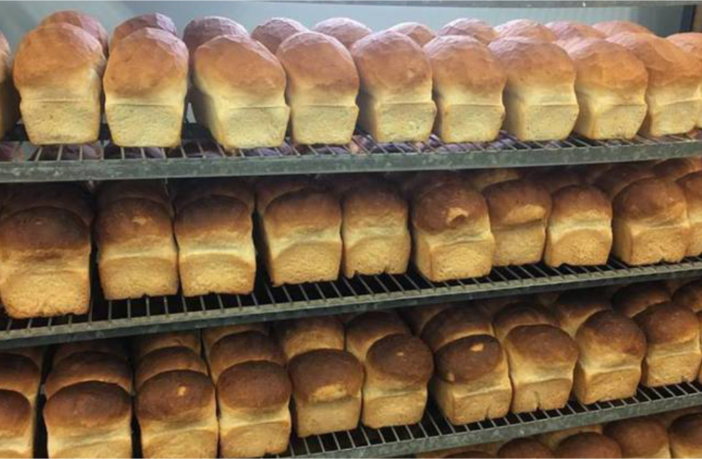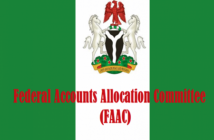The breadmakers across Nigeria are currently recapiltalising their operations to stay afloat in a tough business operating environment.
Speaking in Lagos at the 2023 Day Out of Premium Breadmakers Association of Nigeria (PBAN) at the weekend, it’s president, Engr. Emmanuel Onuorah, disclosed that, “We most often than not inadvertently keep recapitalizing our businesses to remain afloat. This is for those that have the capital outlay, while most bakeries that cannot inject fresh funds into their businesses shut down.
He said the challenges of being a breadmaker in Nigeria is quite enormous and very tasking with constant drop in their capacity and diminishing margins.
Onuorah noted that the cost far outstrips revenue, thereby leading to most of the bread producers running at a loss or barely surviving.
Reacting on the reason for the programme, he said: “the main reason for our gathering here today is to interrogate and find solutions to our challenges as an industry from the regulators and other technical and commercial perspectives.”
Earlier, former director, Food Registration and Regulatory Affairs at the National Agency for Food and Drug Administration and Control (NAFDAC), Rev. William Effiok, speaking at the event, had urged bread makers in the country under the aegis ofPBAN to be prepared for better business opportunities in 2024 by complying with regulatory standards.
Effiok, while speaking on the theme of the week, ‘Overcoming business challenges in the baking industry under harsh economic realities,’ argued that meeting regulatory requirements helps to maintain quality and give consumers healthy and safe products for consumption.
He emphasised that allowing quackery and sharp practices among breadmakers will cripple genuine operators among the PBAN members.
He urged the Premium Breadmakers to put structure in place to curb unwholesome practices.
Also speaking, a director of Food safety and Applied Nutrition of National Agency for Food and Drug Administration and Control (NAFDAC), Mrs. Eva Edwards reiterated the agency’s commitment to ensuring the standards and quality of its regulated products.
Edwards noted that the business environment is experiencing some challenges, including fuel subsidy removal, exchange rates, and infrastructure, among others, threatening business sustainability.
He said that the producers of NAFDAC-regulated products must understand that safety, standards, and quality are not negotiable, despite all the challenges confronting them.
Edwards said that NAFDAC, under the leadership of Prof. Mojisola Adeyeye, was concerned with the challenges posed by the factors listed above and had introduced some intervention measures to ease the burden on the stakeholders.




